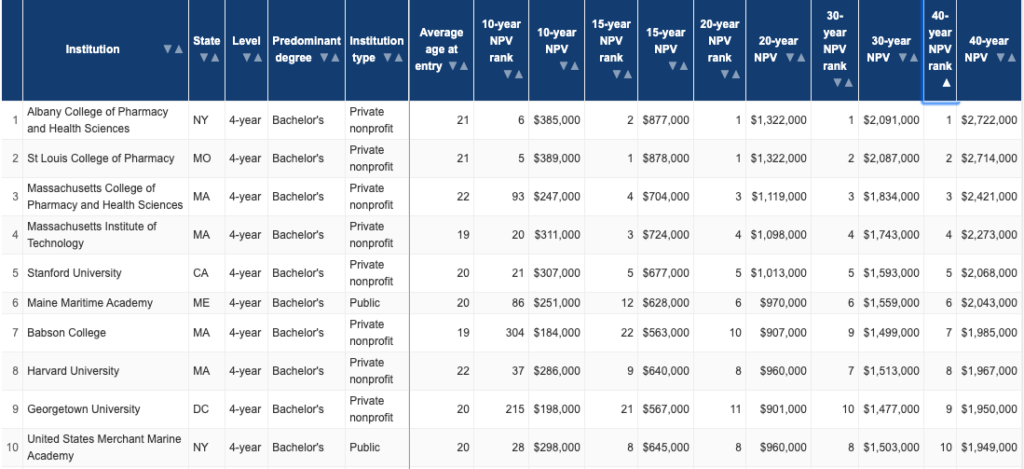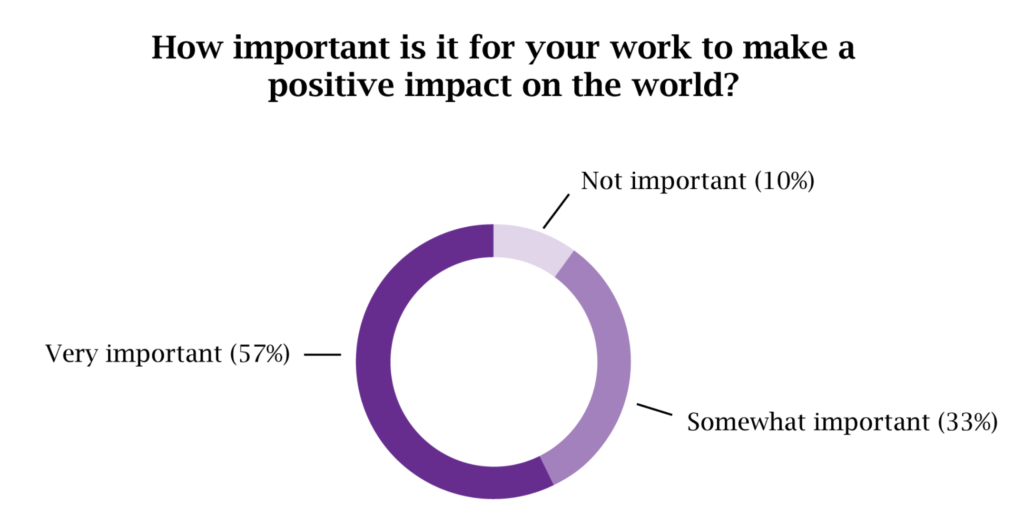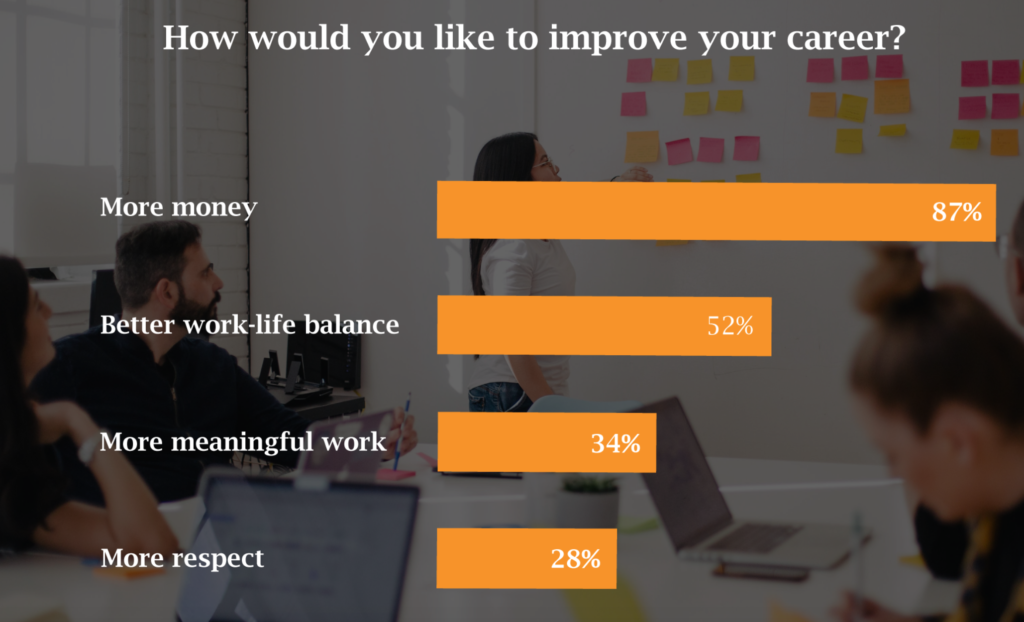How’s that for a clickbait headline! “I knew it the SOB Tim Sackett is a Sexist!” Slow down, read the post, you might be surprised on my take…
The US Women’s Soccer team should not be paid the same as the US Men’s Soccer team. They should be paid more!
Okay, let’s dig into this issue.
The media coverage on this issue is rightly pro-US Women’s Soccer. The US Soccer’s legal team continues to make ridiculous statements in an attempt to fight for their client. That’s what you pay lawyers to do, win your case. The men have more responsibility!? What is this, 1935!?! I’m not even sure how the US Soccer’s in house council even allowed that language to be released!
Here’s the full read of the US Soccer Federation’s legal argument. It’s worth a read if you truly care about this issue.
My first reaction to this case when it first got hot last year was this entire thing is ridiculous. If the women want the same as the men, why not just do straight revenue share that is equal. Both men and women get the exact same percentage of revenue they bring and can split it up in whatever way they deem appropriate for their teams. Seem fair? I thought so.
You bring in more money, you get more money. You bring in less, you get less, but don’t bitch, you brought in less.
My thought process on this issue has changed considerably since my first reaction. I love the logic behind revenue share because the Capitalist in me seems like that is equitable and fair. You make more, you get more. But the reality is, the women, in this case, have not had the same advantages of the men for decades, maybe a century, when it comes to this issue.
Let me break down some points:
– You don’t want to hear this but if the US Women’s Soccer team had the same contract as the US Men’s soccer team, they would actually make less money than their current contract. The US Men would argue and are currently renegotiating, they would make more if they had the women’s contract! From US Soccer, the women actually make more than the men, but the men make more overall because of professional money and non-US Soccer tournaments.
– Men’s soccer has been funded and supported at such a different level for so long, it has given them a giant, one could argue, an unsurpassable advantage in player development, infrastructure, marketing, etc. This is why the US Men don’t require have compensation to play on the national team because they make exponentially more than the women playing professional soccer.
– If we pay the US Women equally to the US Men, the women will actually make less overall, because they don’t have this advantage of time and resources the men have gotten for so long. I don’t think pay equality is what is needed, it’s pay fairness. By the way, if you take a few minutes and actually read the legal documents, this also what the US Women are saying. But, in the media, it wouldn’t play well to say “we want more”! But, what they are actually trying to get, would, in fact, pay them more than the men, when it comes to US Soccer compensation, but not total overall compensation.
– Carli Lloyd, the famous US Soccer women’s player, admitted in her testimony that the US Men actually do have more “skill” when it comes to speed and strength. The use of the word “skill” is really what the media pulled out. The actually tactical and strategic soccer skills, ballhandling, passing, etc. Is way too subjective to argue that men have more skill than women.
– “Women’s Soccer and Men’s Soccer are not the same game.” This was a statement from my wife, a former D1 college athlete and a national team invitee. The name is the same, but we have to get over this fact that men and women playing a similar game is the same. It’s different! I love to watch women’s volleyball. Men’s volleyball is boring. I would rather watch men’s basketball over women’s basketball. If I love “basketball” why don’t I love watching both? Because I actually love watching “Men’s basketball”. Different games.
– The legal argument that US men soccer team members have more responsibility is just an ignorant statement. Again, based on history, awareness, resources, etc. US citizens get super pissed if US “men” lose at anything to other countries because we’ve been conditioned by mostly media, that this is how we should react. If the women lose, we tend to not be as upset. “Oh, they played their butts off! Next time!” Again, we’ve been conditioned to this response. If we would have been conditioned that losing, men or women in a national team competition, is awful and unacceptable for decades, we would all truly believe this responsibility is equal, which it is, but we tend to think differently about, because of how we’ve been conditioned.
– These are all union bargained terms. This is why the US women have taken their argument public because legally this win will be hard. They bargained fairly and agreed to these terms. Courts love to uphold bargained agreements. You signed the contract and now you think it sucks. Okay, go back to the bargaining table. Isn’t that why you joined a union?
I hear your argument right now. “Tim, more people want to watch men over women, the TV viewership, ticket sales, etc., show this!” The reason women don’t have the same resources is because it’s not the entertainment people want. Well, for decades, men were the only entertainment option we’ve been given! “Tim, men’s football and men’s basketball pay for all those Title 9 scholarships for women!” And every other men’s sport as well. Again, historically we didn’t support women’s athletics even close to men’s. So, if we did, from the beginning, would we even need Title 9? We won’t know, we are where we are right now.
Also, I don’t give a crap that one team was more successful than another. In the world of national teams, that doesn’t really matter. In the US, our best male athletes usually gravitate to the sport that pays them the most money (basketball, American football, baseball, even hockey). Women, again, don’t have those same avenues. The highest NBA player salary in 2019 was $34,000,000 per season. The highest WNBA player salary was $127,000.
The US Women’s Soccer team should not be paid equal to the US Men’s team. They should be paid more. Paying them the same would just be another injustice to female soccer players. We have systematically put women athletes at a disadvantage for so long in the US. Not pay equity, pay fairness.




